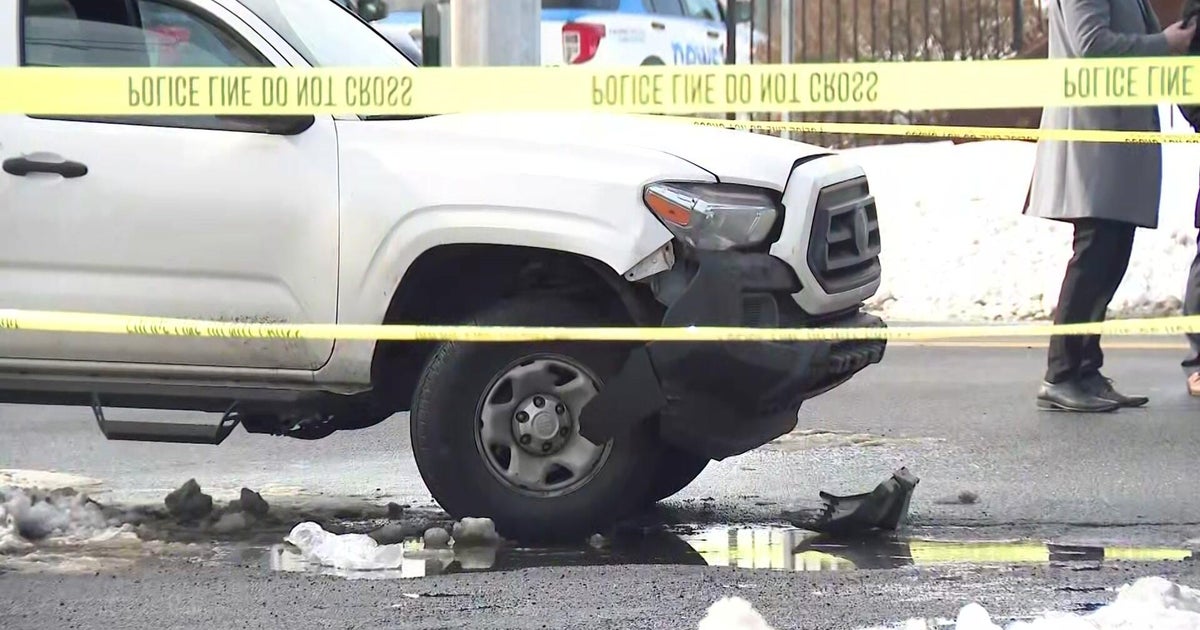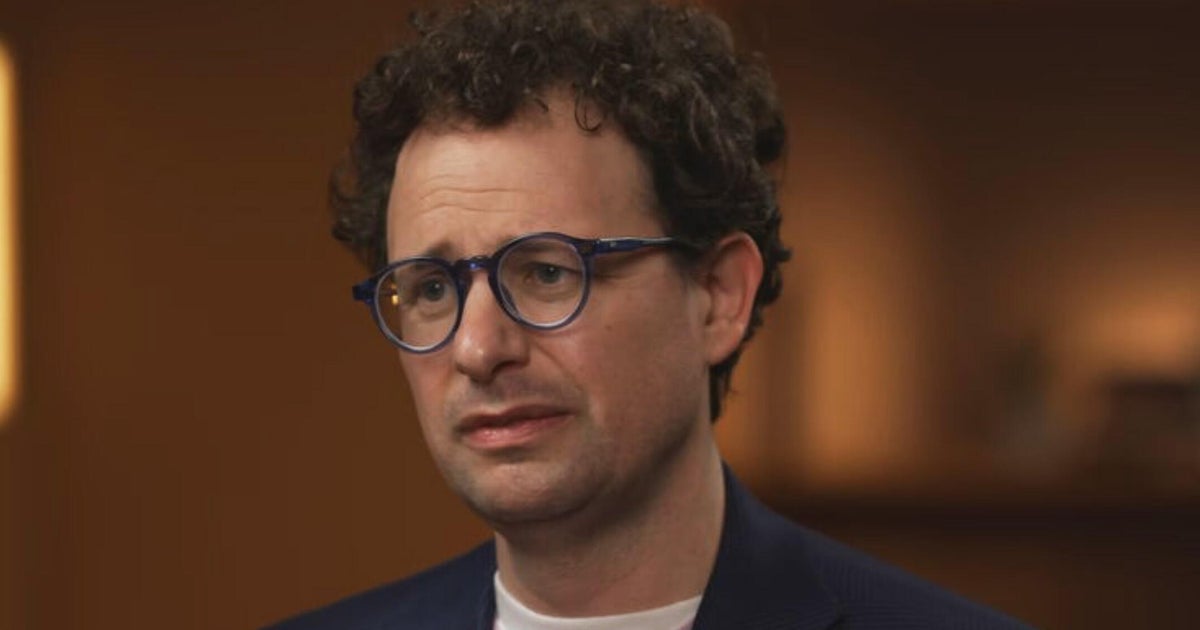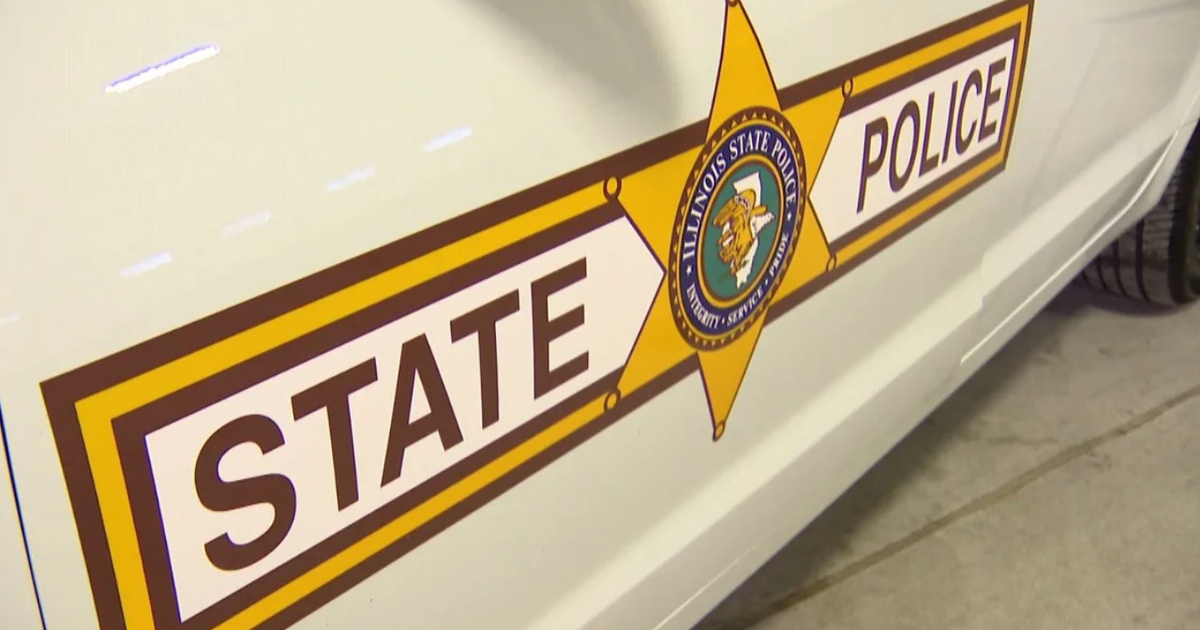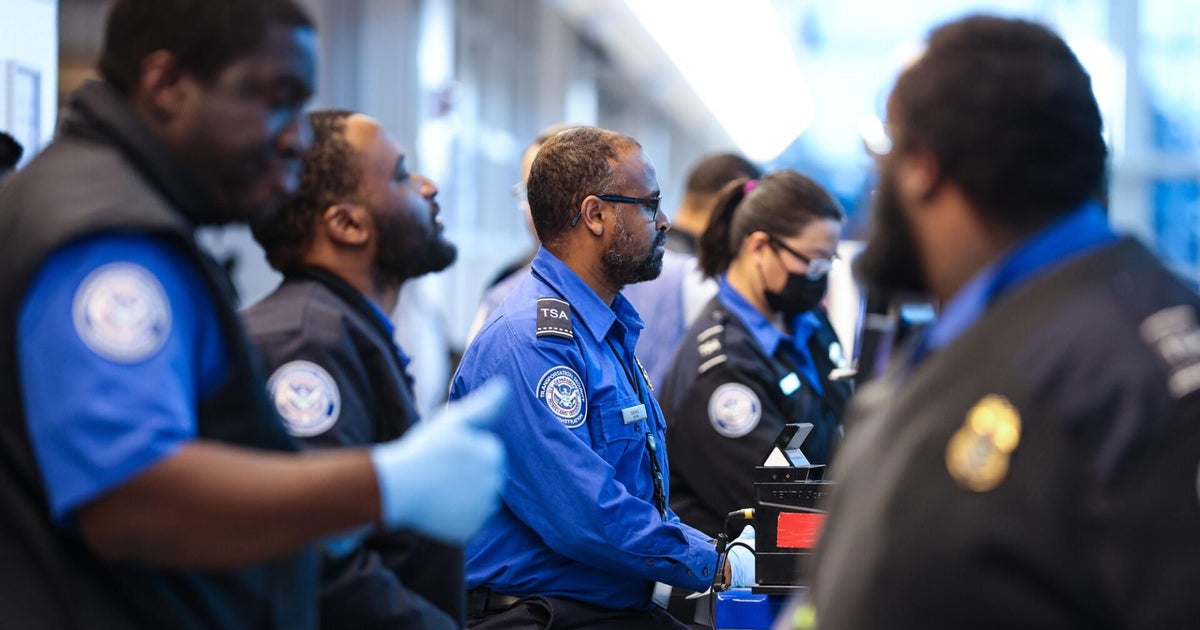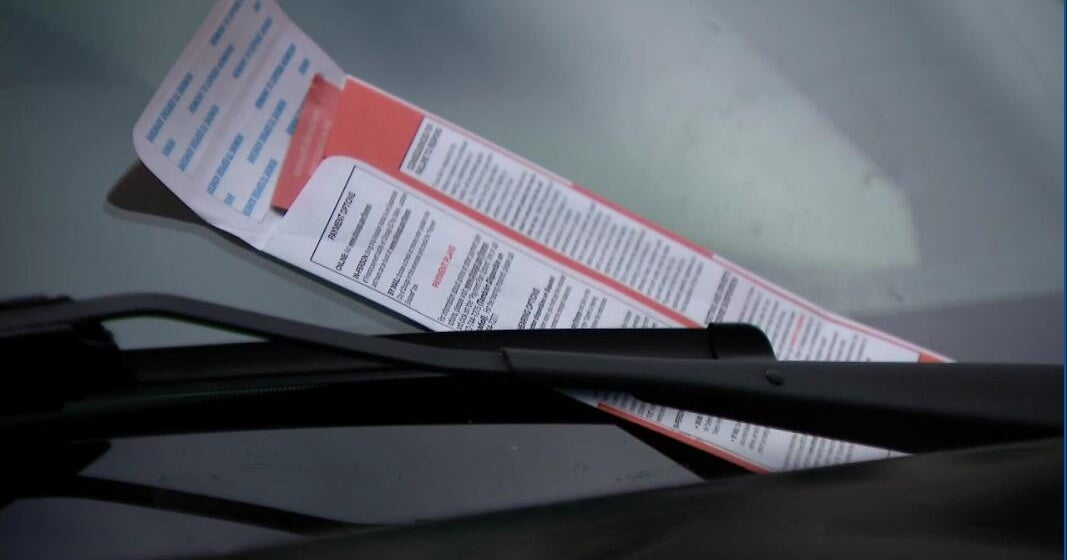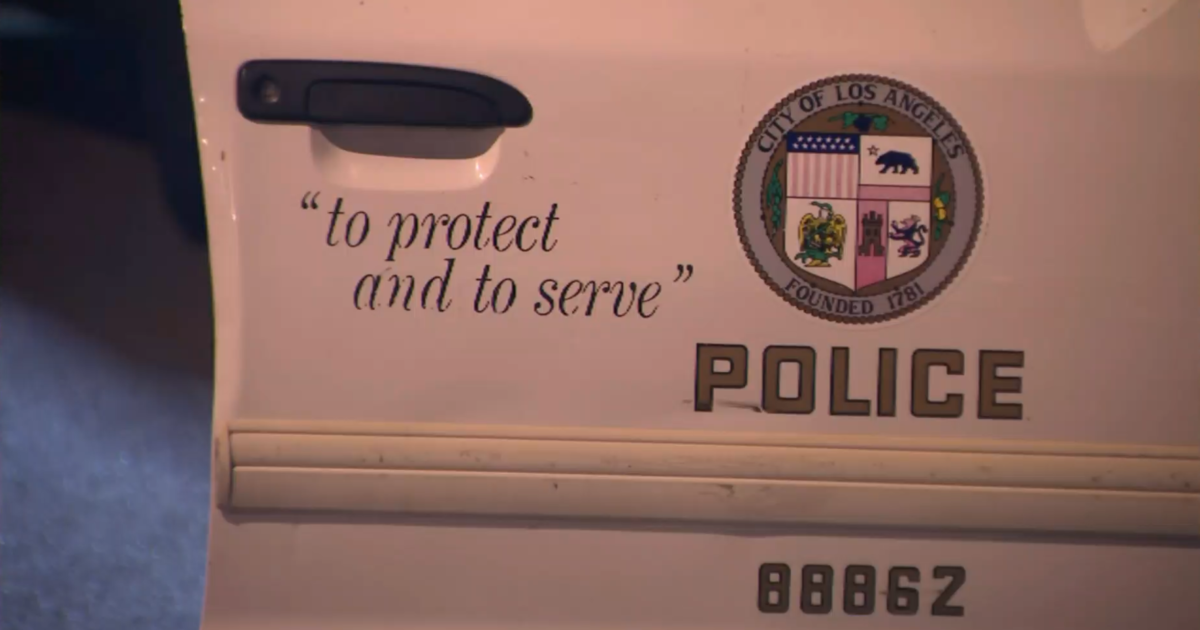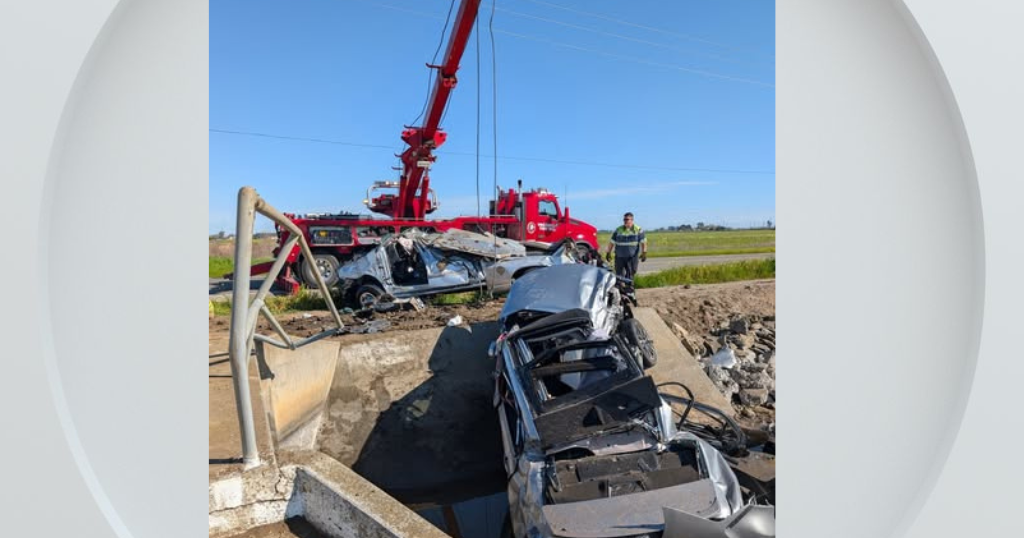Uber CEO Warns Of California Shutdown If Ruling On Drivers Being Classified As Employees Is Upheld
SAN FRANCISCO (CBS SF) – The CEO of Uber said Wednesday the ride-hailing giant may be forced to shut down its California operations if an injunction requiring drivers to be classified as employees is upheld.
Dara Khosrowshahi said in an interview with MSNBC on Wednesday that Uber's operations in the state may have to shut down until November.
Khosrowshahi's announcement comes after a ruling by Judge Ethan Schulman of the San Francisco Superior Court earlier this week. Schulman ruled that ride-hailing companies must reclassify their drivers, who have been classified as independent contractors, in the wake of a new state law.
The injunction is part of a lawsuit brought on by the State of California and city attorneys in San Francisco, Los Angeles and San Diego. Their lawsuit alleges the ride-hailing giants violated Assembly Bill 5, claiming they "exploited hundreds of thousands of California workers" by classifying drivers as independent contractors instead of employees.
Both Uber and Lyft have said they plan to appeal the judge's decision. The companies are also funding Proposition 22 on the November ballot, which would grant them a carve out to AB5.
Some drivers, like Taylor Hazell of Richmond have been hoping to become full time employees.
"It is something I've been preaching for quite a while - drivers need to be considered as employees. As a driver who has over 20,000 rides - I think it would be fair for drivers who have a certain amount of rides and who are willing to drive full time to be considered employees," Hazell said.
"Uber and Lyft are threatening to pull out of the state for not following state law. It's kind of an interesting tactic. They are basically saying the law shouldn't apply to them and if they are forced to follow the law — then they will no longer operate," says Dara Kerr, senior reporter for CNET.
The move is not without precedent, in 2017 Uber pulled out of Austin, Texas because of that city's law requiring fingerprinting of drivers.
"They weren't in the city - they didn't operate in the city for several months, until the state governor made a law that forced the city of Austin to allow them to operate without having fingerprints. At that time it was interesting, a bunch of little startup companies flooded into Austin and so were people to get rides on demand."
